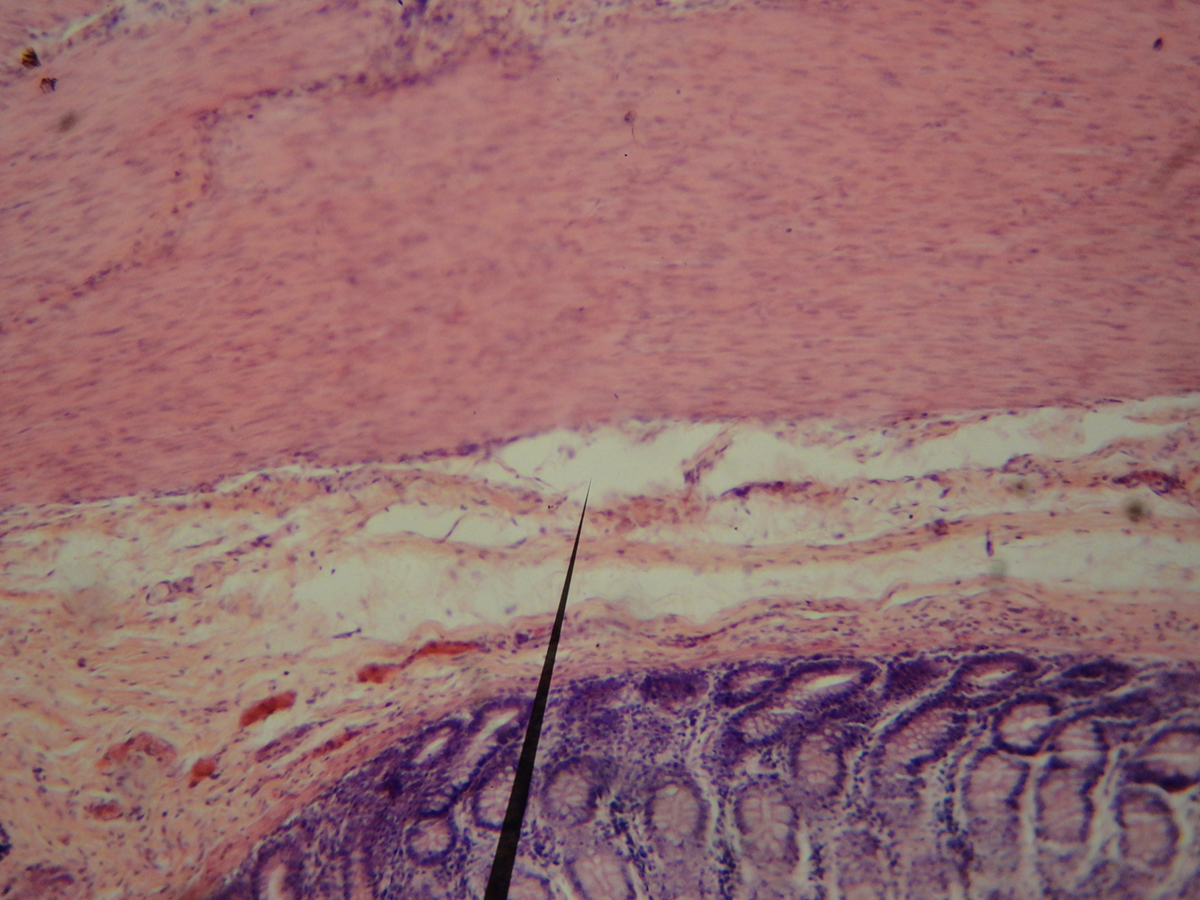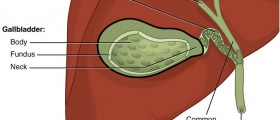Small intestine blockage or small intestine obstruction is a serious medical condition that requires prompt medical care. The condition develops due to many factors and is associated with many illnesses.
For example, the obstruction may occur due to mechanical reasons (hernia, tumor, etc.) and it may also develop in a form of pseudo-obstruction when there is no obvious physical obstruction but there is also no normal movement in the small intestine.
What Are Causes of Small Intestine Blockage?
Small intestine blockage is medically known as ileus. The condition may develop due to many illnesses of the gastrointestinal tract. For example, a hernia is one of the common causes of small intestine blockage. In such cases, the obstruction develops after the hernia traps the loop of the small intestine.
Furthermore, similar effects may occur if one is suffering from an intestinal tumor. The tumor grows inside the affected part of the small intestine and once it becomes too large it simply interrupts the passage of the stool by completely blocking the inside of the intestine.
People who have undergone abdominal surgery are at risk of adhesions. Such fibrous tissue bands between different structures in the abdomen may be responsible for the small intestine blockage.
Apart from the previously mentioned that accounts for approximately 90% of all cases of small intestine blockage the remnant 10% include blockage caused by twisting of the intestine (medically known as volvulus), inflammation, and scarring associated with Crohn's disease, intussusception (invagination of one portion of the small intestine into another section of the intestine), chemical or electrolyte disturbances, intra-abdominal infection, kidney/lung disease and intake of certain medications or drugs.
Clinical Characteristics of Small Intestine Blockage
The condition is typically characterized by fever, loss of appetite, nausea, vomiting, and in some cases diarrhea. One cannot pass stool or gas. There is swelling (bloating) of the abdomen and at one point abdominal muscles become way too rigid.
- A hospital-based retrospective cross-sectional study was conducted at NRH, Nekemte town. Nekemte town is located in Oromia regional state, western Ethiopia, which is 333 kilometers from Addis Ababa. The hospital was established in 1923 EC, providing services for approximately 3 million people in the catchment area including surgery. The study was conducted from July 1 to August 30/2017.
- All 211 patients admitted to the surgical ward of NRH with the diagnosis of SBO and treated from January 1, 2014, to December 30, 2016, were included.
- With 100% response rate, records of 211 patients with small intestinal obstruction were retrieved for analysis. One hundred thirty-seven (64.9%) were males.
- The commonest cause of small bowel obstruction was adhesion (35.1%). More than a quarter (26.5%) of participants developed postoperative complications, and wound infection was the commonest postoperative complication (49.2%).
- A majority (84.8%) of patients improved and were discharged, and the rest 15.2% of patients died.
- Sex (AOR?=?3.98, 95% CI: 1.51–10.52), duration of illness before surgical intervention (AOR?=?4.4, 95% CI: 1.69–11.45), level of hematocrit (AOR?=?4.25, 95% CI: 1.56–11.57), types of intestinal obstruction (AOR?=?3.73, 95% CI: 1.09–12.64), and length of hospital stay (AOR?=?4.69, 95% CI: 1.82–12.07) were independent predictors of the management outcome of patients with small bowel obstruction.
Treatment for Small Intestine Blockage
Depending on the underlying cause small intestine blockage treatment can be conservative or surgical. The cause and the precise location of the blockage can be confirmed with the assistance of an abdominal X-ray or CT scan.
Nonsurgical treatment for obstruction is administered in a form of liquid or air through enemas and such patients are generally hospitalized. In case of mechanical obstruction, one needs to be operated on as soon as possible. This way doctors prevent intestinal perforation and all additional complications that may eventually result from the blockage.
It may happen that the affected part of the intestine is surgically removed if there is vascular damage and some of the tissues have become necrotic. No matter what the cause is the treatment must be prompt since intestinal blockage of any kind represents a medical emergency.


















Your thoughts on this
Loading...